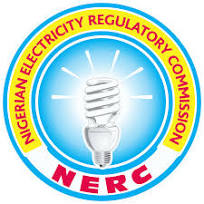In a recent statement from Mr. Musliu Oseni, the Vice Chairman of the Nigerian Electricity Regulatory Commission (NERC), it was revealed that the newly approved electricity tariff is poised to significantly reduce the subsidy for the fiscal year 2024 by approximately N1.14 trillion.
The announcement was made in Abuja on Wednesday.
Oseni highlighted that the Federal Government is contemplating a shift towards a targeted subsidy regime to mitigate the effects of macroeconomic changes.
He emphasized the Commission’s commitment to protecting vulnerable customers while encouraging investments aimed at enhancing service delivery within the Nigerian Electricity Supply Industry (NESI).
The tariff revision, approved by the Commission, primarily affects customers classified under the Band Serv category, constituting about 15 percent of the customer population.
Oseni explained that the tariff review process involved a meticulous assessment of proposals submitted by the 11 Electricity Distribution Companies (DisCos), in adherence to established regulations and business rules.
Before the review, the performance improvement plans of the licensees were examined, including a public hearing where stakeholders scrutinized the rate filings. Oseni assured that empirical service data validated that this class of customers had indeed received the committed level of service. Additionally, mechanisms for enforcement and compensation have been established to address service failures.
All DisCos have been mandated with targets for investments and migrating more customers to Band. A robust monitoring framework leveraging technology has been set up to ensure transparency in the service covenant with customers.
Oseni concluded by reaffirming the Commission’s commitment, in collaboration with policymakers, to provide adequate and reliable electricity to all citizens. This effort aligns with the objectives of the Electricity Act 2023.
Earlier reports indicated that the federal government, through NERC, raised electricity prices to N225/KWh for consumers classified as Band A, affecting approximately 15% of the nation’s 12 million electricity consumers.
The shift in bands was attributed to the failure to meet required electricity supply hours. However, customers in other bands remain unaffected by the tariff review.



